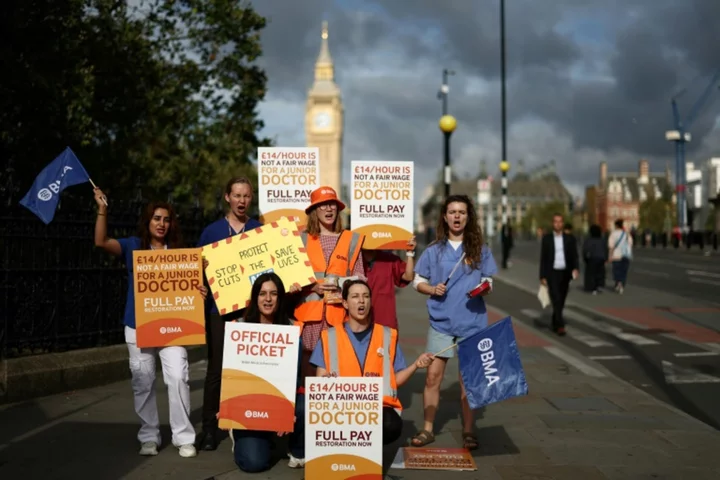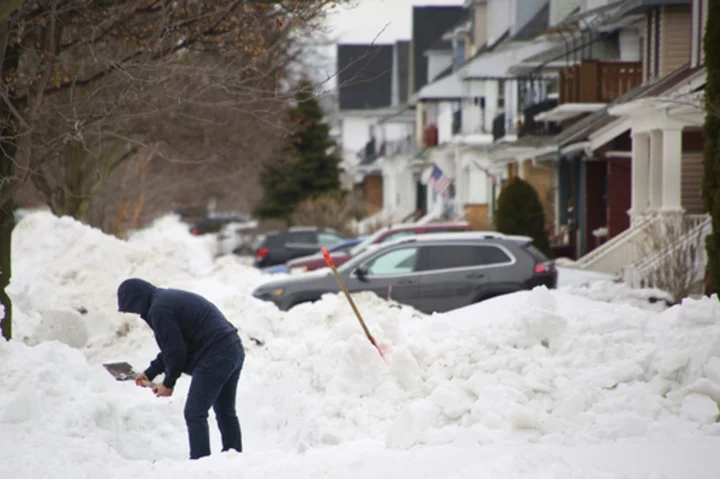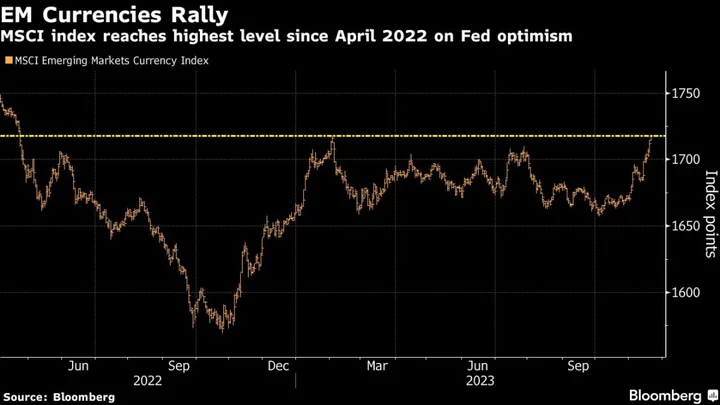Hospital doctors in England on Friday launched their latest walkout as the government said their strike to demand a 35-percent pay increase served "only to harm patients".
The four-day stoppage comes with health chiefs estimating that the repeated industrial action had cost the publicly funded health service £1 billion ($1.2 billion).
The British Medical Association (BMA) which represents junior doctors says their take-home pay has fallen by 26 percent in the last 15 years.
Health Secretary Steve Barclay issued his strongest condemnation so far of the doctors who have rejected the government's pay offer of six percent plus a one-off payment of £1,250.
Writing in the Daily Mail, he accused the BMA of "acting recklessly".
The strike action served "only to harm patients and put further pressure on their own colleagues", he added.
Doctors on the picket line outside University College Hospital in central London hospital, however, said they had no choice but to strike to restore pay levels and stop doctors leaving the state-funded National Health Service (NHS).
"Full pay restoration must happen, that's not for negotiation, what is for negotiation is how it is structured and what the time frame is," Robert Laurenson, a doctor and co-chair of the BMA's junior doctors committee, told AFP.
"This is predominantly about pay because we know that many of our colleagues leave to go to other countries and other industries simply because the pay is too poor to be able to retain doctors," he added.
Junior doctors -- physicians who are not senior specialists but who may still have years of experience -- make up about half of the doctors in UK hospitals.
The strike is their fifth round of industrial action.
"Doctors are working tirelessly to bring waiting lists down. The government are the ones who refuse to come to the table," added junior doctor Sumi Manirajan, who is deputy co-chair of the committee.
"We are chronically understaffed and everyone is at breaking point," he added.
- '£1 bn cost of strikes' -
The NHS is grappling with record patient waiting times due to a large pandemic backlog.
A record 7.6 million people in England were waiting to start routine hospital treatment in June, according to data published by the NHS on Thursday.
Julian Hartley, chief executive of NHS Providers, said the series of strikes by junior doctors had cost the NHS £1 billion ($1.2 billion).
Hospitals were having to "pay premium rates to consultants" to cover for the medics, he told BBC radio.
Nurses, ambulance staff and other medical workers have all joined picket lines in recent months, mounting more pressure on the NHS.
Other workers across the economy have also walked out over the past year demanding pay rises in response to the worst cost-of-living crisis in a generation.
According to NHS figures, close to 778,000 medical appointments have been postponed across the health service in England due to strike action since December.
"We've seen again and again that no-one benefits from this disruption," Barclay said, adding that the pay offer was "more generous" than for other public sector staff.
The government has said its pay offer announced in mid-July is "final" and urged the BMA to drop its pay demand "immediately".
acl-har/jwp/ach









